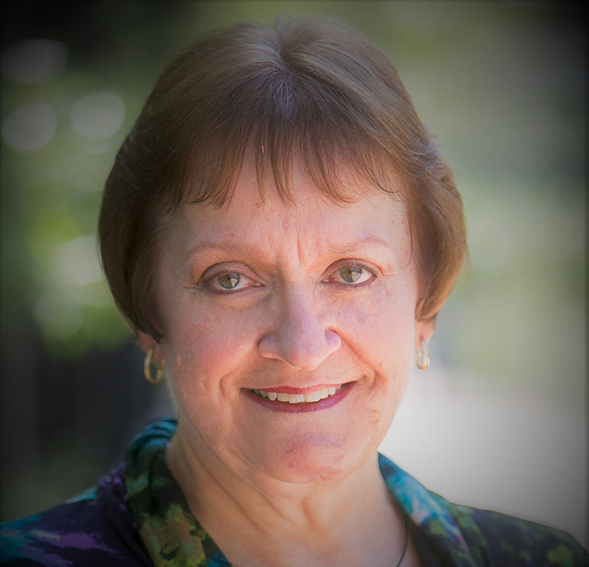Documentary Explores Holocaust Safe Haven in the Philippines
SDSU history lecturer Bonnie Harris plays a significant part in a new documentary that shows how the Philippines rescued refugee Jews during the Holocaust.

The film focuses on testimony from Holocaust survivors who were given a safe haven in the Philippines. It documents how efforts by the Philippine people saved the lives of more than 1,300 Jews as they fled the pogroms in Nazi Germany.
The documentary was written, produced and directed by Izon, who was born in the Philippines and now lives in the United States. Harris, who is a Holocaust scholar, acted as the film’s associate producer and consulting historian. The documentary is based in part on research Harris conducted while she was working on her Ph.D. dissertation.
Unparalleled rescue effort
The majority of the rescues described in the documentary happened between 1937 and 1941, a time when the Philippines was a commonwealth of the United States.“What’s really remarkable about this effort by the Philippines is that the country opened its doors to these refugees when no one else in the world would,” said Harris. “Filipinos experienced their share of discrimination from Americans during its colonial era and not only sympathized with the Jewish settlers, but really made them feel at home in the Philippines.”
The Philippines were granted commonwealth status by the United States in 1935 and official immigration laws for the islands were not established until 1940. In the interim years, immigration to the Philippines required the approval of the president of the United States, represented in the islands by U.S. High Commissioner Paul McNutt. Because of the quasi-autonomous status of the Philippine Islands, then-President of the Republic of the Philippines Manuel Quezon, in partnership with McNutt, circumvented existing immigration laws and issued visas to Jewish petitioners directly.
“These rescues happened through the explicit invitation of President Quezon,” said Harris. “His humanitarian actions really defied what other statesmen in the United States and the rest of the world were doing and show what can be accomplished when people put politics to the side and step up to do the right thing when faced with a moral challenge.”
International accolades
“An Open Door: Holocaust Haven in the Philippines” has won a number of international awards, including Best Documentary at the White Knight’s International Film Festival in St. Petersburg, Russia; Best Film in Science and Education at the International Filmmaker Festival of World Cinema in Milan, Italy; and a Silver Medal at the 38th Annual Telly Awards in History.The documentary will be screened in Madrid, South Africa, the Philippines, and Israel over the next few months. Harris plans to screen the documentary at SDSU in the fall.



